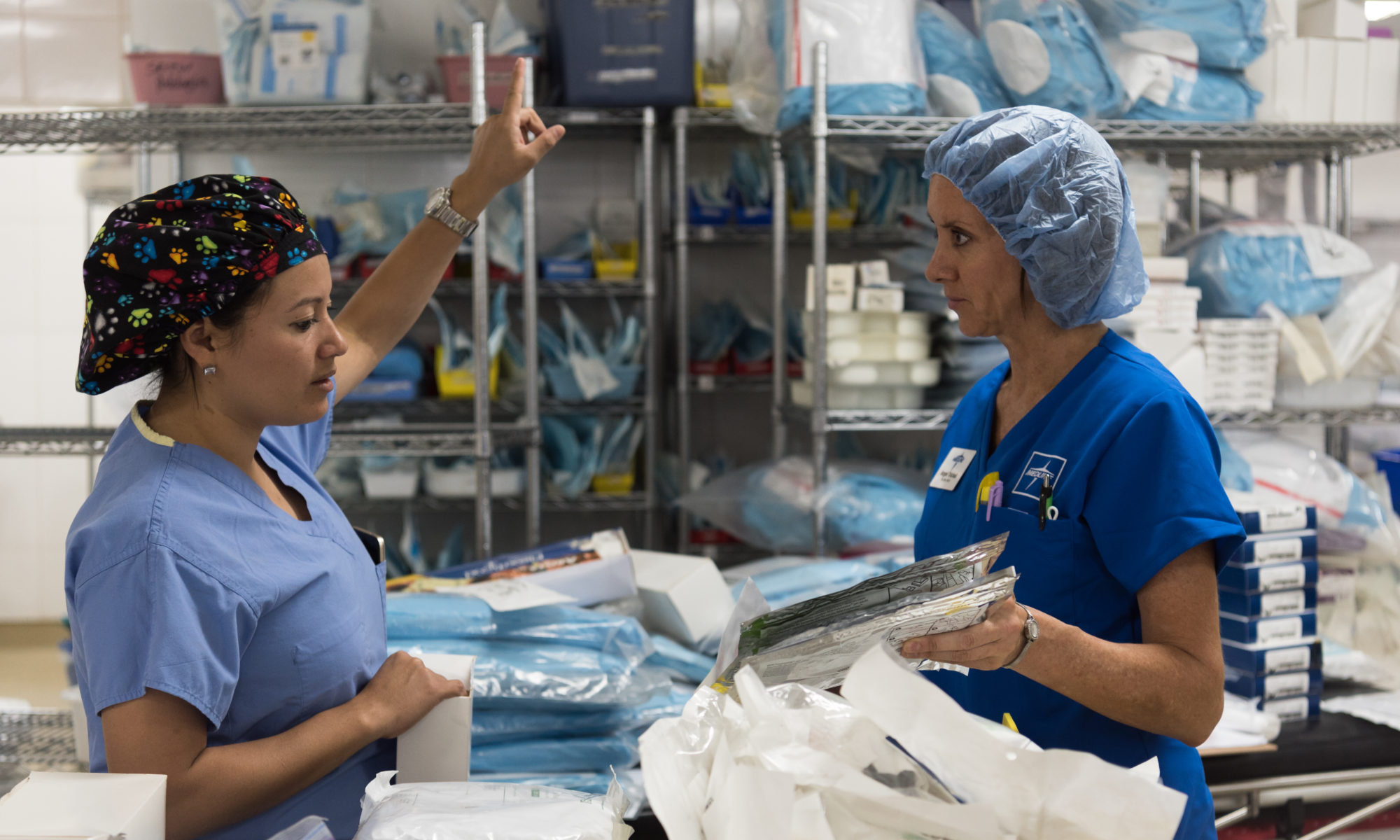Addressing Social Determinants of Health in Honor of UN World Health Day

Understanding how the way health systems operate can impact health
By Francesca Olivier | April 7, 2020
When we think of health, eating well, exercising and routine doctor visits are often the first things that come to mind. But human health is shaped by many other factors. These social determinants of health (SDOHs) are what the World Health Organization (WHO) describes as “conditions in which people are born, grow, work, live and age, and the wider set of forces and systems shaping the conditions of daily life.”
Today’s global pandemic reminds us that health facilities across the continuum of care are among the systems that affect the conditions of daily life. How they are designed, operated and financed are important determinants of health. At Medline, we do our part to address these determinants by collaborating with non-profit and health facilities around the world to increase access to the critical resources that get in the way of care.
We address social determinants for leading health systems, and through our Global Health Initiative we bring our skills and expertise to under-resourced facilities all around the world. Our global health efforts focus on freeing up resources healthcare workers need to provide the best care. We increase access to these resources by optimizing supply chains, improving perioperative efficiency and by educating clinicians and people in the community.
How an optimized supply chain impacts patient care
In many of the facilities we work with globally, a clinician’s time is a precious resource. Demand for it is high given the immense need for care within the low-resource communities they serve. But often clinicians’ time is wasted looking for and organizing necessary supplies. The result? Fewer patients receive the care they deserve and/or more patients encounter delays during procedures, which can lower the quality of their care.
We help patients by helping their health providers implement organizational solutions that minimize time spent searching for supplies or managing them. These efforts in turn free up clinicians’ time, allowing them to see more patients, perform more procedures and increase their capacity to deliver quality care.
How increasing efficiency optimizes use of limited resources
Many facilities in low-resource areas rely on medical equipment donations but struggle to manage what they receive. As a result, warehouses or storage rooms can accumulate expired or excess product the facility doesn’t need. In addition, staff often struggle to gain visibility into what they have on-hand at any given time, which can lead them to order supplies they already have or run short on supplies they actually need. In this setting, resources like physical space and supply funds are not being optimally used.
By implementing efficient solutions to track and forecast inventory, and volunteering to sort through existing stock, we help our partner facilities use their resources more efficiently. The supply chain optimization (SCO) solutions we implement help facilities gain visibility into what supplies they have, what they need to order, etc. so they can make better purchasing decisions and more optimally use the space they have. At one of our partner clinics in Honduras, One World Surgery, our SCO solutions helped the facility reclaim over 1,000 square feet of underutilized space and eliminate five truckloads of excess products. In all, by improving how resources are managed, facilities can direct more time and money towards patient care.
Learn more about how we’re supporting UN World Health Day by making healthcare run better everywhere we go.
Francesca Olivier
Vice President of Global Environmental, Social & Governance (ESG)
Francesca Olivier leads Medline’s Environmental, Social and Governance (ESG) strategy. She was named a Top 100 Corporate Social Responsibility Influence Leader, and has more than 15 years of experience developing social and environmental programs in the nonprofit, government and corporate sectors. In that time, she has gained experience in areas such
as healthcare sustainability, environmental justice and disaster relief. She earned a Master of Science in Environmental Management and Sustainability from the Illinois Institute of Technology and a Bachelor of Arts in Sociology from Loyola University, New Orleans.

